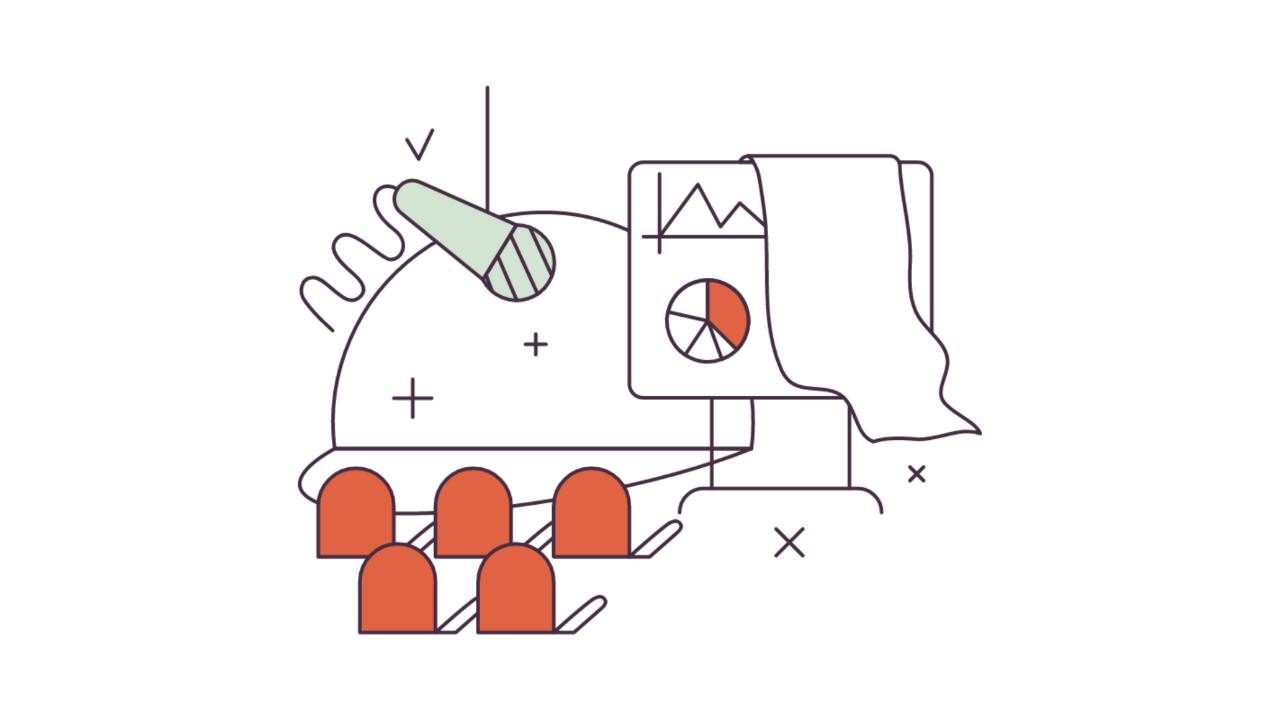Trust Before Templates
When things go wrong in leadership or collaboration, it’s tempting to look to the contract or the process.
“What clause applies here?”
“What policy did they break?”
“What template should we have used?”
But in most of the breakdowns I’ve witnessed, whether inside organisations or across partnerships, it wasn’t the absence of a template that caused the issue.
It was the absence of trust.
Why trust matters more than templates
Templates, policies, and agreements are useful. They create clarity. They set expectations.
But they can’t replace the foundation of trust.
Because when trust is present:
-
Templates become helpful guides, not defensive shields.
-
Missteps are interpreted as mistakes, not betrayals.
-
Collaboration feels easier, faster, more human.
And when trust is missing?
Even the most detailed contract won’t protect the relationship.
What this looks like in leadership
Leaders who over-rely on process often end up frustrated when teams still don’t deliver.
Leaders who cultivate trust notice a different outcome:
-
People bring problems earlier, instead of hiding them.
-
Teams experiment more, instead of waiting for permission.
-
Partnerships thrive, because respect runs deeper than the paper it’s written on.
It’s not that process doesn’t matter. It does.
But it’s secondary.
A reflection for you
This week, ask yourself:
-
Where am I leaning on process because trust feels shaky?
-
How might I build trust so the template becomes a support, not the glue holding things together?
-
In my leadership, what signals do I give that show people I trust them first?
|
|
|||||||
|







Responses